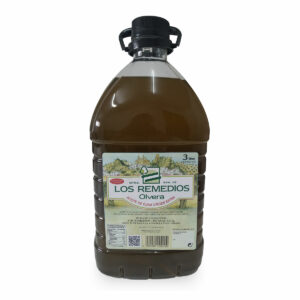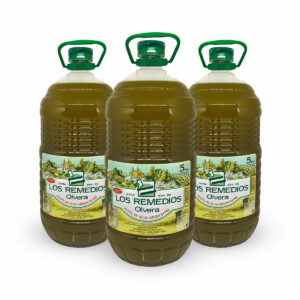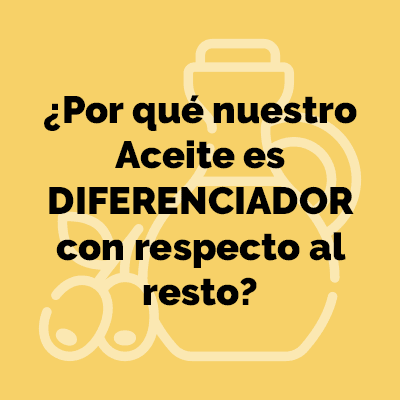THE AVERAGE CONSUMPTION IN SPAIN IS BELOW THE RECOMMENDATIONS
MYTH 1: If blood cholesterol is high, you should reduce or stop consuming milk and dairy products.
FAKE: The consumption of milk and dairy products has a small and transient effect on the blood cholesterol level. Conversely, its consumption has a hypotensive effect, mediated by the effect of calcium and the presence of bioactive peptides. Epidemiological studies show that the risk of suffering from cardiovascular disease is a 17% lower in individuals who consume milk.
MYTH 2: If I want to lose weight, I must stop consuming milk and its derivatives.
FAKE: Calcium reduces the digestibility of fats and has a recognized effect on adipose tissue cells, increasing fat loss. further, milk contains bioactive peptides that create a feeling of satiety, reducing food consumption. Clinical studies have shown that the consumption of milk in low-calorie diets reduces weight by 10% more than the same dairy-free diets.
MYTH 3: Milk consumption can lead to acquired diabetes (kind 2)
FAKE: Milk is one of the foods with the lowest glycerol index. further, those affected by diabetes tend to have obesity and cardiovascular problems, effects that are reduced with the consumption of milk and its derivatives. Epidemiological studies show that the risk of developing type diabetes 2 is a 67% lower in individuals who consume milk.
MYTH 4: Milk consumption has been associated with cancer risk.
FAKE: Serious scientific studies that make this relationship are scarce. The risk of colon-rectal cancer is a 26% lower in individuals who consume milk. Its anticancer nature is attributed to the protective effect of calcium and the activity of a fat present exclusively in products derived from ruminants. (cows, sheep, goats).
MYTH 5: Drinking milk causes excess mucus and asthma.
FAKE: blind studies (where the patient does not know if they consume milk or a placebo) indicate that neither increased mucus nor the incidence of asthma are associated with milk consumption.
MYTH 6: Milk is responsible for a large part of food allergies.
FAKE: Clinical studies indicate that between 2-6% of the children and the 0,1-0,5% of adults are allergic to milk. This implies that a high number of allergic children cease to be allergic in adult life.. Milk protein allergy is a reality that affects a small proportion of the population. The myth is the oversize of the diagnosis.
MYTH 7: There is a small proportion of the population that is lactose intolerant.
SURE: Lactose intolerance (milk sugar) is the result of the lack of an enzyme (la lactasa) that digests it. It is estimated that in Spain the incidence of intolerance to normal lactic consumption is 11 al 15%. Partially intolerant individuals can consume low-lactose products (yogurt), lactose-free milk or dairy products with lactase pills.
MYTH 8: We are the only mammals that consume milk after breastfeeding.
SURE: We are the only mammals that do a lot of things (cooking, grow vegetables, create myths,…). But this does not imply that we should stop taking it. Medical evidence indicates that individuals who consume milk have a longer life expectancy.
Recommended daily consumption:
The food pyramid (recommendations of national and supranational public institutions) indicates that the consumption of milk and derived products should be 2 a 3 servings in adults and 3 a 4 servings in children-adolescents, pregnant, post-menopausal women and elderly individuals. A serving is equivalent to a glass of milk, 2 yogurt or dairy desserts of the same size; 80 grams of fresh cheese or 30 grams of ripened cheese.
The average consumption of milk and dairy products in Spain is below the recommendations. If for justified reasons (allergy, intolerance, etc…) decide to stop consuming milk or its derivatives, it is necessary to consult a dietician. Meeting calcium needs without dairy products is possible, but it requires following a strict diet. The consequences of a calcium deficiency are serious (cardiovascular diseases, some kind of cancer, diabetes prevention, osteoporosis,…) and its importance should not be underestimated.






